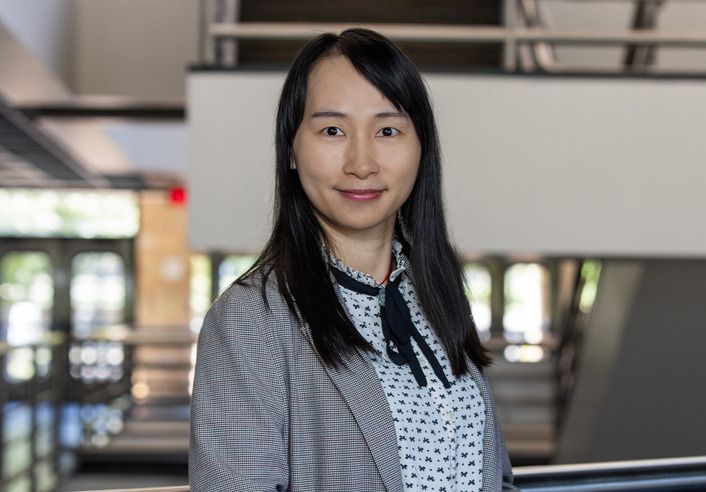
The University of Tulsa has achieved significant recognition in the field of cybersecurity research, with Assistant Professor Weiping Pei, Ph.D., receiving two prestigious grants from the U.S. National Science Foundation (NSF). Pei has been awarded a CAREER Award for her project titled “Improving Work Quality and Worker Safety in AI-Supported Crowd Work.” Additionally, she secured a three-year grant for her research on “Security, Privacy, and Trust in Cyberspace (SaTC) 2.0: Understanding and Detecting Online Scams from Generative AI.” These projects underscore the university’s growing prominence in the cybersecurity domain.
Groundbreaking Research in Cybersecurity
The CAREER Award is designed to recognize early-career scholars who show exceptional potential in both research and education. This award is particularly notable for its dual emphasis on innovative research and educational impact. Pei expressed her gratitude, stating, “Receiving the CAREER Award is truly a dream come true. It reflects NSF’s belief in the promise of my research and my commitment to education. This recognition is incredibly meaningful, and I’m deeply honored.”
Pei’s research trajectory has evolved to address contemporary issues in cybersecurity. Initially focusing on security and privacy in crowdsourcing, her current work examines the implications of artificial intelligence in crowd work. This shift poses new challenges and risks related to cybersecurity and privacy, which her research aims to clarify.
Her current project investigates three principal risks: the potential misuse of AI systems by crowd workers, errors inherent in AI technology, and privacy concerns that AI might pose to those involved in crowd work. The anticipated outcomes will contribute to a better understanding of human-AI collaboration, enhance the safety of AI-based systems, and promote ethical standards in crowd work practices worldwide.
Educational Impact and Community Engagement
Pei intends to share her findings widely, aiming to benefit current and future researchers both at the University of Tulsa and in the broader cybersecurity community. “The education goal in the project is to develop modules that bring more disciplinary perspectives to cybersecurity education and integrate cybersecurity concepts into courses across disciplines,” she explained. These educational modules, along with the theories, datasets, and tools developed through her research, will be accessible to support both academic and practical applications.
Emphasizing her achievement as a shared milestone, Pei hopes this recognition sends a powerful message about the research capabilities within the Tulsa community. “This award affirms the value of the research I’m passionate about and provides critical support to pursue it in a sustained and impactful way,” Pei said. “For the broader Tulsa community, I hope it sends a clear message: nationally competitive, high-impact research can thrive here. Our region has the talent, vision, and commitment to shape the future of secure and inclusive technologies.”
Pei’s accomplishments reflect just one aspect of the ongoing success story at the University of Tulsa, particularly within the College of Engineering & Computer Science, where faculty continue to drive innovation in cybersecurity research.






